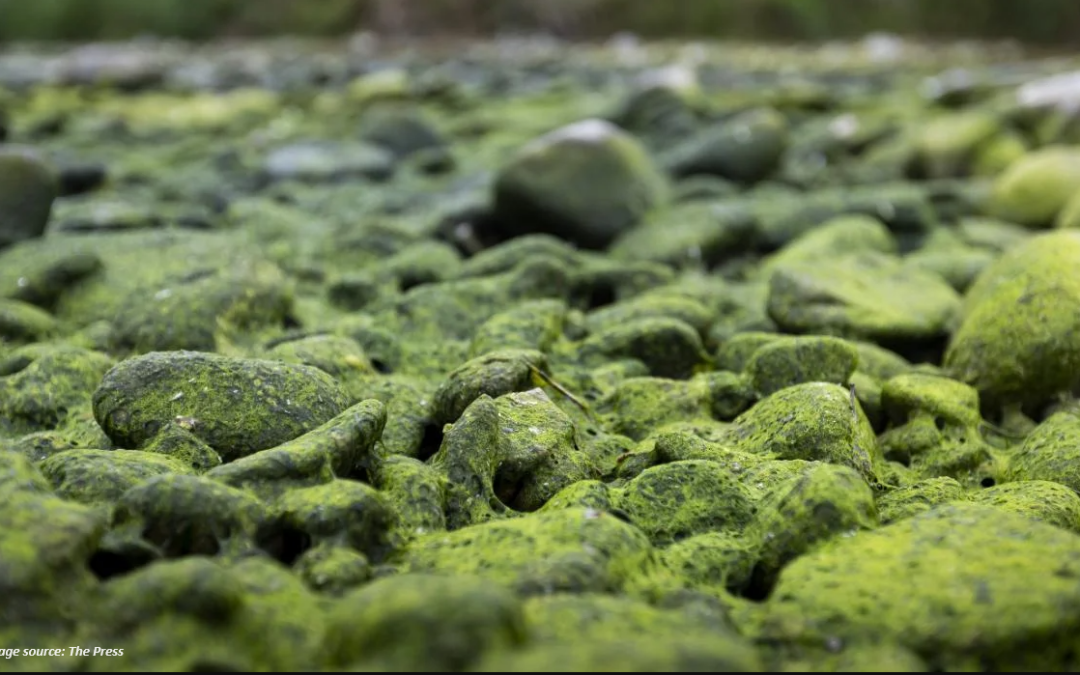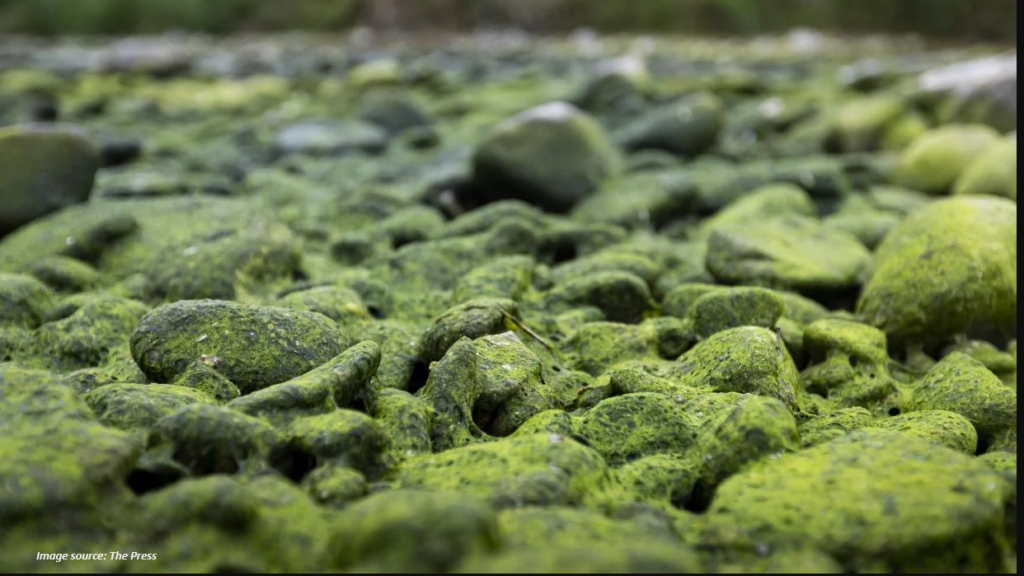
Water Quality Challenges in Canterbury: A Closer Look
Canterbury, renowned for its picturesque landscapes and agricultural prowess, faces a significant challenge in meeting minimum water quality standards. A recent peer-reviewed report commissioned by the Government-funded Our Land and Water sheds light on the gravity of the situation.
Nitrogen Pollution: A Pressing Concern
One of the most pressing issues confronting Canterbury is nitrogen pollution, primarily stemming from cow urine. The Canterbury Plains, characterised by stony soils and shallow groundwater, facilitate the rapid transfer of nitrogen from dairy farms to waterways. The report indicates that to meet minimum standards for nitrogen pollution, reductions of approximately 44% are required—a task deemed “extremely challenging” by experts.
Land Use Change as a Solution
Dr. Ton Snelder, a co-author of the report, highlights that achieving such significant reductions in nitrogen levels might necessitate a fundamental shift in land use practices. This proposal underscores the need for proactive measures to mitigate agricultural impacts on water quality in the region.
E coli Contamination: A Human Health Concern
While nitrogen pollution poses threats to the freshwater ecosystem, E coli contamination presents immediate risks to human health. The report indicates widespread non-compliance with E coli standards, with a substantial 70% reduction required nationally. Particularly in Canterbury, addressing E coli contamination is critical to ensuring the safety of waterways for recreational activities.
Phosphorus Management: Progress and Challenges
Unlike nitrogen, phosphorus management appears more manageable in Canterbury, with only small reductions needed to meet bottom-line standards. This suggests that existing environmental protection efforts by farmers, such as riparian planting and stock fencing, may be yielding positive results. However, continued vigilance and proactive measures are essential to sustain these improvements.
Looking Ahead: Policy Implications
As Canterbury grapples with these complex water quality issues, the report’s findings underscore the urgency for policy action. Dr. Jenny Webster-Brown, director of Our Land and Water, emphasises the importance of maintaining ambitious targets set by the National Policy Statement for Freshwater. Any revisions or scaling back of these standards could undermine the significant progress made in safeguarding Canterbury’s freshwater systems.
Conclusion
The challenges outlined in the report highlight the intricate relationship between land use, agricultural practices, and water quality in Canterbury. Addressing these issues requires a concerted effort from policymakers, stakeholders, and the community to ensure the long-term sustainability of Canterbury’s water resources.

